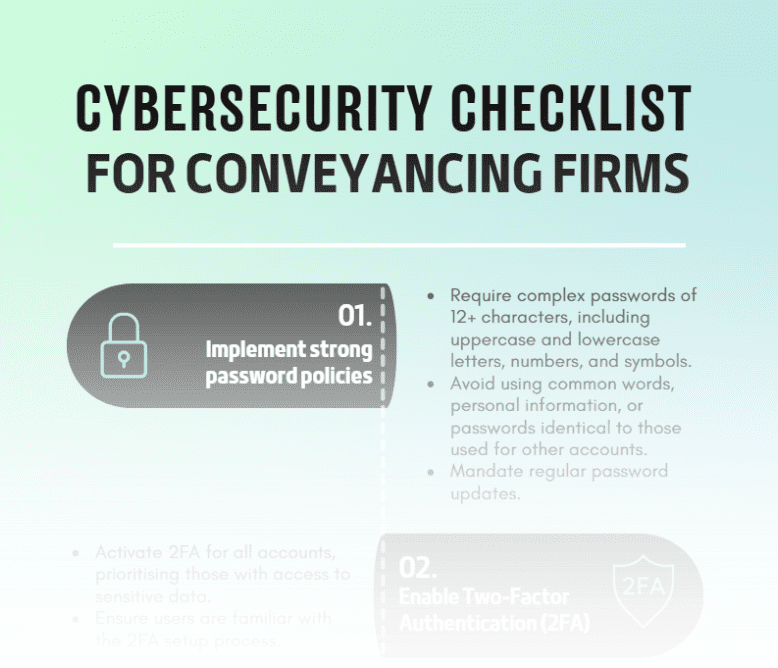It is essential to be familiar with the Windfall Gains Tax as a Victorian conveyancer, so you can understand the potential impacts and tax obligations to proactively inform clients.
Having a thorough knowledge of the tax will enable you to guide your clients during their property transaction when or if it will be implicated by the tax.
The tax imposed by the State Revenue Office (SRO) of Victoria, was updated from 1 July 2023, and applies to land that is rezoned resulting in a taxable value uplift to the land of more than $100,000.
The following summary is a comprehensive understanding of the Windfall Gains Tax and its implications on property transactions within Victoria.
1. Overview of the Windfall Gains Tax
The Windfall Gains Tax is a specific tax implemented by the SRO to capture gains resulting from rezoning or redevelopment activities that significantly increase property values. It is crucial for conveyancers to be aware of this tax to ensure compliance and proper advice to clients.
2. Triggering Events
Conveyancers should be attentive to triggering events that may lead to the imposition of the Windfall Gains Tax. These events include rezoning of a property or substantial redevelopment that results in a significant increase in its value. Identifying such events is vital for providing accurate information to clients.
3. Calculation Method
Understanding the calculation method for the Windfall Gains Tax is important for conveyancers. The tax is based on the property’s value appreciation arising from rezoning or redevelopment. The tax rate varies and depends on factors such as location, scale of development, and overall financial gain. Conveyancers should be able to explain the calculation process to clients and assess the potential tax liability.
4. Exemptions and Thresholds
Conveyancers need to be aware of exemptions and thresholds associated with the Windfall Gains Tax. While primary residences and inherited properties are generally exempt, there are specific criteria that must be met. Conveyancers should guide clients on whether their property qualifies for an exemption and help determine if the threshold amount is surpassed.
The Windfall Gains Tax is essential for Victorian conveyancers to know for the education of their clients. By understanding the tax’s application, calculation method, exemptions, and thresholds, conveyancers can provide accurate advice to clients and facilitate compliant property transactions.
Staying up to date with tax regulations and seeking professional guidance when needed ensures conveyancers can effectively navigate the complexities of the Windfall Gains Tax on behalf of their clients.
For monthly RBA interest rate updates, following triSearch on LinkedIn, or subscribe to the industry newsletter, The Conveyancer Digest.






